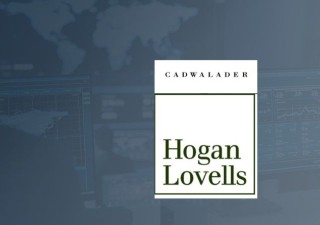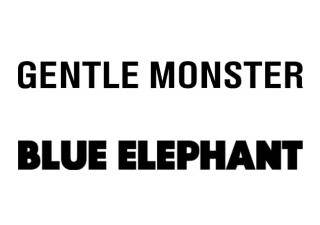Efforts to Improve Korea’s Patent Regime
06 December 2012

New Re-Examination System for Patent Application Amendments
On January 30, 2009, the National Assembly enacted an amendment to the Patent Act (which came into effect on July 1, 2009) to introduce a new system of “re-examination” of patent applications, which maximizes the applicant’s chances of acquiring patent registration.
Prior to this revision, an applicant whose patent application had been rejected by the examiner at KIPO must file an appeal against the rejection before the IPT as a matter of formality and then file an amendment to the patent application with KIPO within 30 days from the date the appeal has been filed. Where the shortcoming in a patent application could have been simply corrected through an amendment, the applicant was unnecessarily forced to file an appeal against the initial rejection, which was costly and time consuming.
The new re-examination process would allow the applicant to choose either to appeal the initial rejection before the IPT or to file an amendment directly to KIPO and seek re-examination without first filing an appeal against the initial rejection. This streamlining is expected to save money and time.
Strengthening the Requirements of Accelerated Examination
On August 17, 2009, KIPO revised its regulations to strengthen the prerequisites for filing a request for “accelerated examination” of the patent application. Some of these requirements became effective as of September 1, 2009.
Under the Patent Act, an applicant must first file a patent application and then file a request for examination of the patent application for the examiners to begin their review of the patent application. (An applicant may file the request for examination at any time within five years from the date the patent application has been filed.) Normally, it takes 12 to 18 months from the date of filing the request for examination for KIPO to issue its first office action. However, if an applicant who satisfied the prerequisites files a request for accelerated examination, it would take only three months from the date of filing the request for KIPO to issue its first office action.
Under the old KIPO regulations, a request for accelerated examination was available in cases where (1) a third party is practicing the invention after the patent application has been published; or (2) the accelerated examination is deemed necessary, including cases (a) where the invention is related to the prevention of environment contamination, export promotion or electronic transactions; (b) where the applicant is practicing or preparing to practice the invention commercially in Korea; (c) where a request for examination of a utility model application is made at the same time of filing the utility model application and then a request for accelerated examination thereof is made within two months from the filing date; (d) where the accelerated examination is requested based on the Patent Prosecution Highway Program (a system of examination where patent applications for the same invention have been filed in two or more signatory jurisdictions, the registration in one of these jurisdictions will allow the other to quickly examine the application pending in its own jurisdiction through simplified process; or (e) where the prior art search is entrusted to a professional institution by KIPO.
However, the above requirements have been criticized as ineffective because the applicants tend to abuse the quickness of the accelerated examination process by simply filing the patent applications first without diligently reviewing the patentability of their inventions, resulting in actual decrease of the ratio of successful registrations. In order to resolve this problem, KIPO added additional qualifications for filing a request for accelerated examination.
Highly-Accelerated Examination for Green Environment Inventions
On June 26, 2009, the Enforcement Decree of the Patent Act was amended to reflect the Lee Administration’s Low Carbon, Green Environment Policy. Under the revised Enforcement Decree and the revised KIPO regulations, “green environment inventions” now qualify for a “highly-accelerated examination” process, which would allow KIPO to issue its first office action within one month from the date the request for highly-accelerated examination is filed. Green environment inventions not only include inventions that prevent pollution, but also covers new inventions pertaining to renewable energy, low-carbon energy, high-degree water processing, LED technology and low-emission transportation systems.
In order to qualify for filing a request for highly-accelerated examination, the invention must not only be a green environment invention, but the following must also be satisfied: (a) the prior art search must be entrusted to a professional institute, and (b) the above materials must be submitted by the applicant via electronic documentation.
The implementation of the highly-accelerated examination process is expected to allow faster registration and thereby, allow faster commercialization of inventions in Korea. Furthermore, if the highly-accelerated examination process is utilized in conjunction with the Patent Prosecution Highway Program, applicants are expected to acquire faster patent registrations in other signatory jurisdictions as well.
Lee & Ko
18th Floor, Hanjin Main Building,
118, Namdaemunno 2-ga,
Jung-gu, Seoul, Korea
T: +82 2 772 4000
F: +82 2 772 4001
E: mail@leeko.com
W: www.leeko.com






